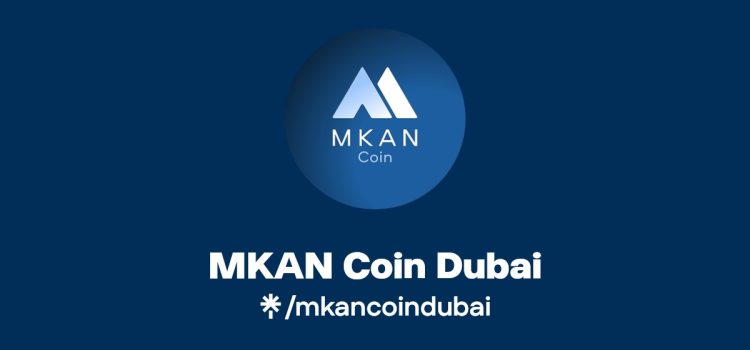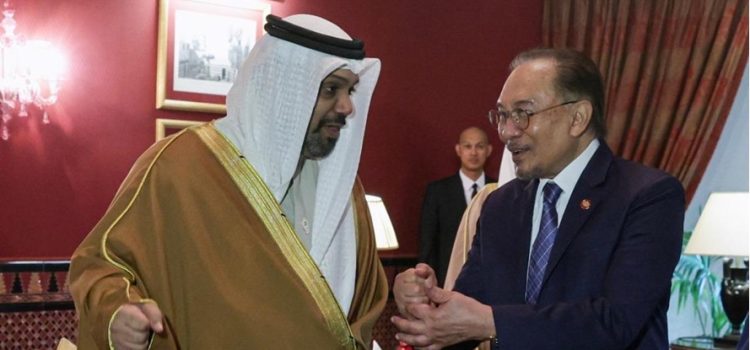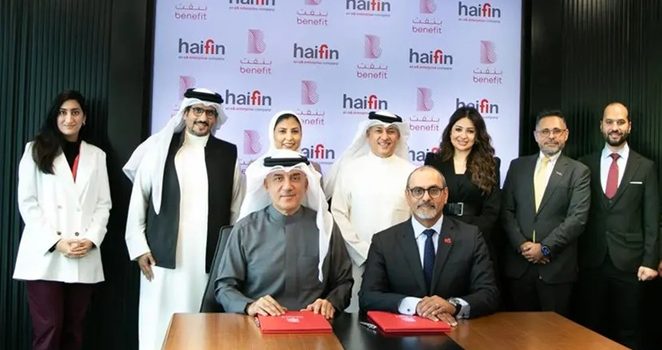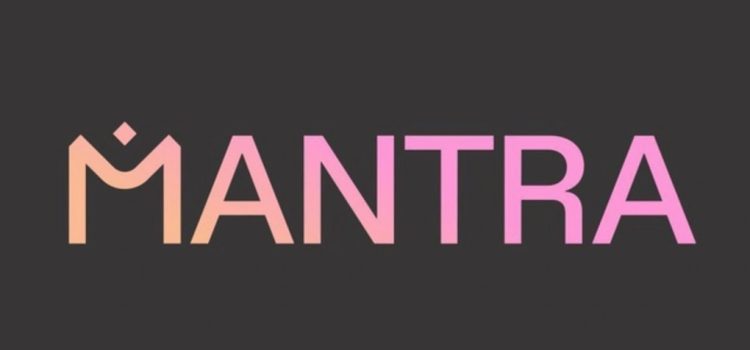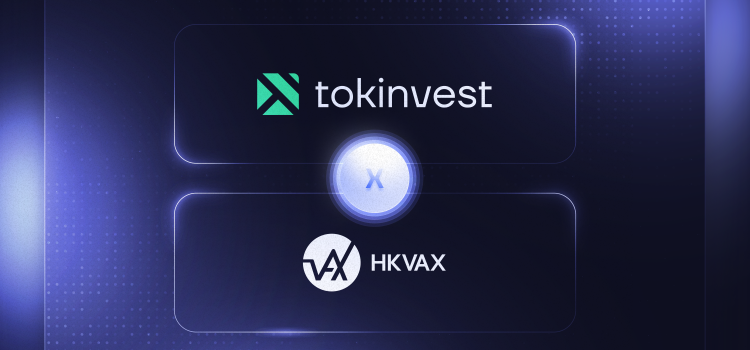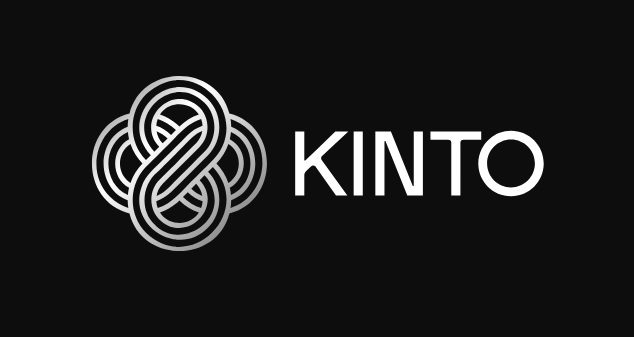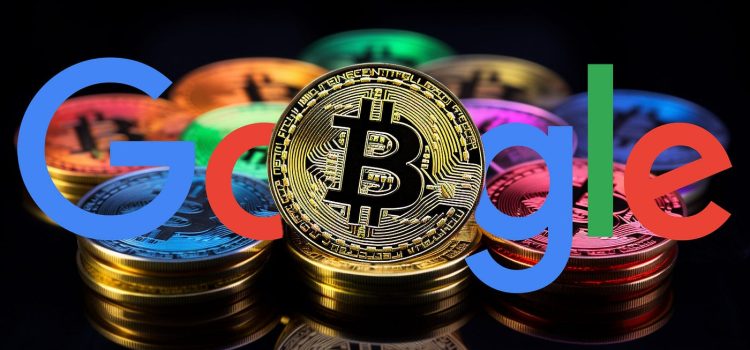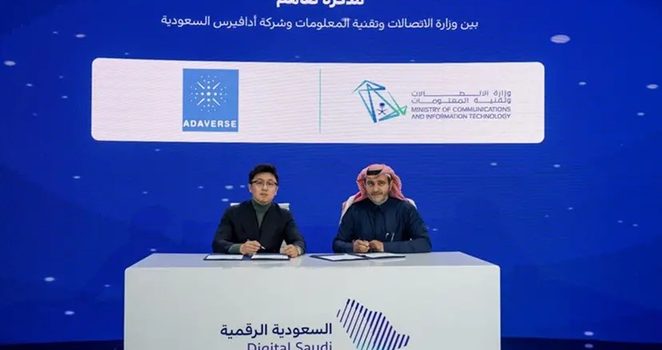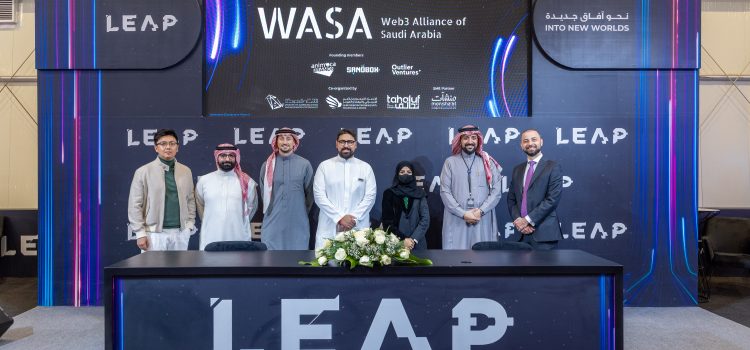
Dubai’s Virtual Assets Regulatory Authority (VARA) has issued an alert regarding MKAN Coin, which operates as a crypto trading exchange, based out of DMCC. The coin which uses the domain www.mkancoin.com has been advertising virtual asset activities accessible within the UAE but with no regulatory approval.
VARA has instructed MKAN Coin to cease all marketing activities and has issued a fine.
According to the crypto regulator, engaging with unlicensed platforms exposes users to significant financial risk and potential legal consequences for violating regulatory requirements. The regulator notes that in accordance with Dubai Law No. (4) of 2022 and Cabinet Resolution No. 111/2022, all virtual asset service providers must be licensed to operate legally in this jurisdiction. MKAN Coin does not meet these legal requirements and is not authorized to provide any virtual asset services in/from the Emirate of Dubai.
Furthermore VARA advised consumers and investors in the UAE to avoid using MKAN Coin, and to exercise caution when considering interactions with unregulated platforms. Users should be aware that access to the MKAN Coin website has been suspended voluntarily, and it is recommended to take immediate necessary measures to ensure protection of user assets.
This is not the first time that Dubai’s regulator has warned against unregulated VASP activities. In April 2023, VARA issued an alert and warning with regards to virtual asset exchange OPNX (opnx.com) which launched on April 4th 2023.
Then in October 2023, it warned investors and market participants of the unauthorized issuance, marketing, and retail distribution of Islamic Coin (ISLM) from Bored Gen (BG) DMCC based out of Dubai UAE.
Most recently in December 2024, the regulator issued alerts for seven crypto entities claiming to be registered and licensed in Dubai. The entities include, Koto Crypto, Finchain, Crypto Force, Coin Cashy, BTC Bay, XT, and Stabit.








